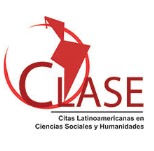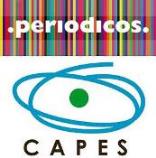The bad and the good ghosts:
A history of reauthoring in narrative therapy with children
DOI:
https://doi.org/10.38034/nps.v32i76.742Keywords:
narrative therapy, child, externalization of the problem, therapeutic documentsAbstract
This article aims to present a theoretical-clinical reflection on the care of a family with children during the COVID-19 pandemic. It values not only the professional experience of the therapist but also his relationship with his own childhood, emphasizing his decentrality and creativity of in the process of reauthoring lives. Narrative Therapy as a discursive option offers useful conversational resources for the development of therapeutic dialogue that generates changes. Thus, in this text, conversations involving the externalization of the problem and the production of therapeutic documents in the form of therapeutic chronicles (Campillo, 2011; Paljakka, 2008) will be addressed in order to point out remarkable moments of change among the participants, in addition to sharing moments in which the use of online technology helped the co-construction of generative therapeutic relationships in times of social isolation.
Downloads
Downloads
Published
How to Cite
Issue
Section
License
Autores que publicam nesta revista concordam com os seguintes termos:- Autores mantém os direitos autorais e concedem à revista o direito de primeira publicação, com o trabalho licenciado simultaneamente sob uma Licença Creative Commons Attribution após a publicação, permitindo o compartilhamento do trabalho com reconhecimento da autoria do trabalho e publicação inicial nesta revista.
- Autores têm autorização para assumir contratos adicionais separadamente, para distribuição não-exclusiva da versão do trabalho publicada nesta revista (ex.: publicar em repositório institucional ou como capítulo de livro), com reconhecimento de autoria e publicação inicial nesta revista.
- Autores têm permissão e são estimulados a publicar e distribuir seu trabalho online (ex.: em repositórios institucionais ou na sua página pessoal) a qualquer ponto antes ou durante o processo editorial, já que isso pode gerar alterações produtivas, bem como aumentar o impacto e a citação do trabalho publicado (Veja O Efeito do Acesso Livre).

















